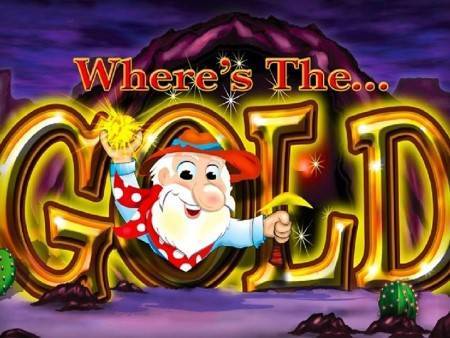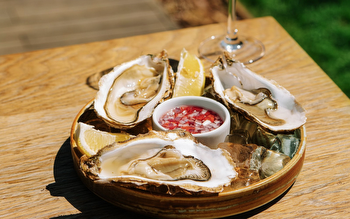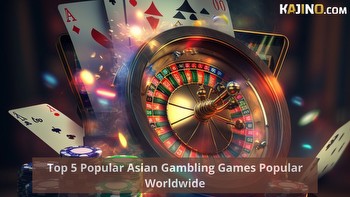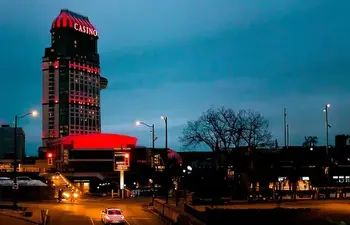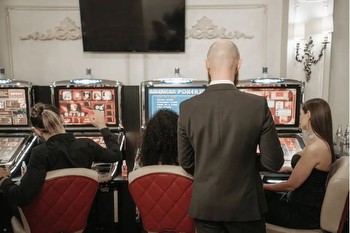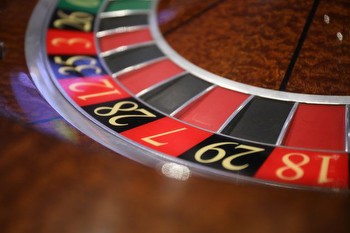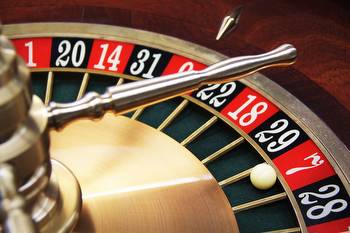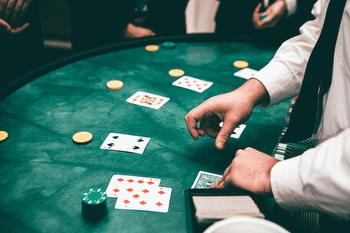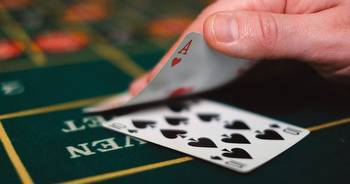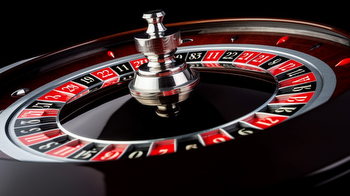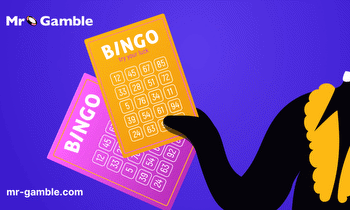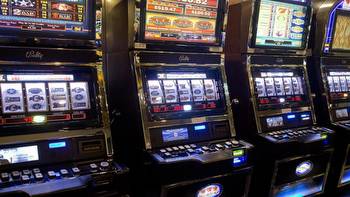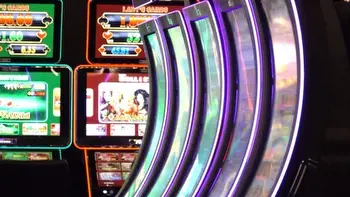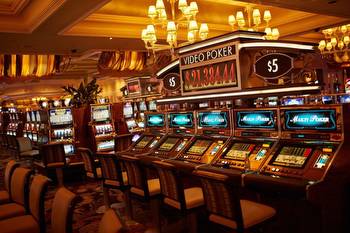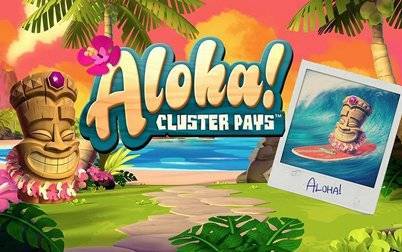Indigenous Gambling Traditions and Modern Casinos: A Tale of Two Worlds in Canada

Canada is home to many indigenous communities. These communities have a rich history of games and gambling traditions. From early times, they found ways to enjoy these activities. But today, their traditions stand side by side with fresh gambling practices.
Modern casino platforms like CasinoOnlineCa, are hard to compete with, but indigenous-run casinos have their own charm: a heritage that they have preserved and a culture to share with players.
Indigenous Gambling Traditions
Each indigenous community in Canada has its unique games. The Inuit have bone games, the Cree enjoy the Hand game, and the Ojibwa play the Moccasin game. These games have been part of their communities for centuries, and each carries its special meanings and stories.
Bone Games: The Inuit Bone game is a guessing game. Players hide small pieces made of bone or wood in their hands, and opponents try to guess where they are. This game, traditionally played on long winter nights, is not just about winning or losing. It’s a social event that brings the community together.
Hand Game: The Cree Hand game involves hiding small objects in one’s hand. Players then guess which hand the object is in. The game combines luck, strategy, and skill, often accompanied by traditional Cree music.
Moccasin Game: The Ojibwa Moccasin game involves hiding a token under one of several moccasins or cups. The opposing team must guess where the token is. It’s a game of deception and strategy, often played during social gatherings.
Beyond these and other individual games, there are shared elements that run deep in the fabric of Indigenous gambling traditions:
- Community Building: Regardless of the game or tribe, these gambling practices often serve as social gatherings, bringing communities together. They reinforce social bonds and provide a platform for storytelling, celebrating, and connecting.
- Cultural Significance: Many Indigenous games have spiritual or cultural significance. They’re not just about fun or competition; they also connect players to their history, customs, and shared cultural identity.
- Skill Development: These games often involve strategy, skill, and mental agility. They’re seen as a way to develop these traits within the community, teaching valuable lessons about competition, fairness, and sportsmanship.
Indigenous-Run Casinos: A Modern Evolution
Modern times brought a new face to Indigenous gambling. The opening of the first indigenous-run casino in the late 20th century marked the intersection of tradition and the modern world. Today, indigenous-run casinos contribute significantly to Canada’s gambling industry. They’re a source of revenue and job opportunities for their communities.
Here’s what you need to know about Indigenous-run casinos:
- Economic Impact: Indigenous-run casinos provide a substantial economic boost to the locality. They create jobs, contribute to local tourism, and generate significant revenue. This revenue often funds social, educational, and cultural initiatives within the communities.
- Regulation and Control: Indigenous-run casinos operate under a specific set of regulations. These rules ensure fairness, transparency, and security for both casino operators and players. They’re also overseen by regulatory bodies like the Canadian Gaming Commission.
- Indigenous Influence: While these casinos offer the same games you’d find in Las Vegas, they also reflect Indigenous culture and heritage. You’ll see traditional motifs in the decor, hear indigenous languages, and may even find versions of traditional Indigenous games on offer.
The largest of these casinos is the Casino Rama in Ontario, owned and operated by the Rama First Nation. The establishment of the Casino Rama signified the blending of the old with the new. It marked the indigenous communities’ leap from traditional games to modern gambling.
Balancing Tradition with Modern Gambling Practices
Despite embracing modern gambling practices, indigenous-run casinos have not forgotten their roots. They make significant efforts to retain elements of their cultural traditions. It’s a fine balance between respecting the past and embracing the future. Here are some ways they manage to maintain this balance:
Cultural Representation
Indigenous-run casinos are more than just gaming hubs. They’re galleries of Indigenous culture. As you step into these casinos, you’re embraced by a world of rich heritage. Traditional designs and art add to the décor, weaving stories of Indigenous history around you. The walls speak volumes about traditions, adorned with detailed artwork and colours inspired by nature. You can’t help but feel a connection to the Indigenous spirit in these spaces.
Traditional Games
These casinos are shaking up the gaming scene by offering traditional indigenous games alongside the usual casino favourites. It’s not just about placing bets; it’s about stepping into the past, experiencing the thrill of age-old games, and learning about Indigenous cultures. These games are a ticket to a unique gambling experience, immersing you in centuries-old traditions that differ from the usual casino fare.
Community Support
The best part about the indigenous-run casinos? They don’t just offer entertainment; they’re a lifeline for their communities. Profits from these casinos are invested back into the community, supporting education, healthcare, and cultural preservation. Each dollar spent at these casinos helps improve the quality of life for Indigenous communities and aids in keeping their vibrant languages and traditions alive. So, when you’re enjoying a game at these casinos, remember – it’s not just about fun; you’re also supporting the preservation of a rich cultural heritage.
Navigating Modern Challenges
Indigenous-run casinos have done a stellar job of integrating their rich cultural heritage with the demands of modern gaming. But, this balancing act comes with its set of challenges. These casinos must stay competitive alongside modern ones, attracting and retaining a diverse clientele while staying true to their roots.
They face competition from both local and international casinos, including the growing industry of online gambling. To stay ahead, they need to continually innovate, offering the latest games and services.
Balancing the preservation of culture with the need for profitability can be a tightrope walk. These casinos often need to ensure that their traditional games and cultural elements are not overshadowed by the glitz and glamour of modern casino games.
And then there are regulatory hurdles. But despite these challenges, indigenous-run casinos have shown resilience and adaptability. They’ve found ways to meld the old and the new, creating a unique blend of tradition and modernity.
Conclusion
Indigenous gambling in Canada is like a journey where old traditions meet new trends. In a world that’s always changing, indigenous communities have found ways to keep their customs alive.
The growth of Indigenous-run casinos shows how strong and creative these communities are. They’ve embraced the modern world without forgetting their past. Every game, every casino, is filled with stories from their history.
Looking to the future, things are exciting. Technology is changing how we gamble. But even with these changes, one thing will stay the same. The heart of Indigenous-run casinos will always be their traditions. As they grow and change, they’ll always honour their history. That’s the unique blend of old and new that makes them so special.







